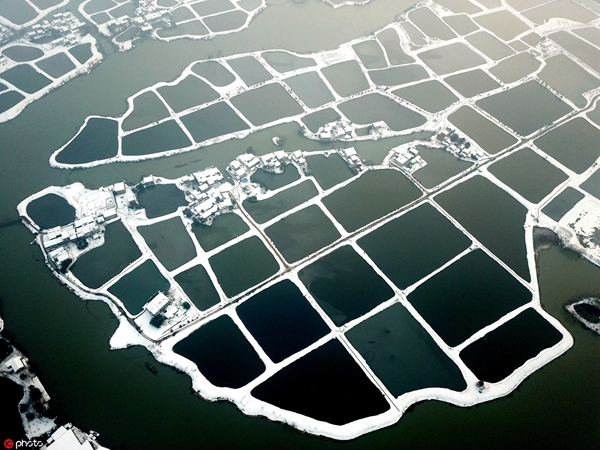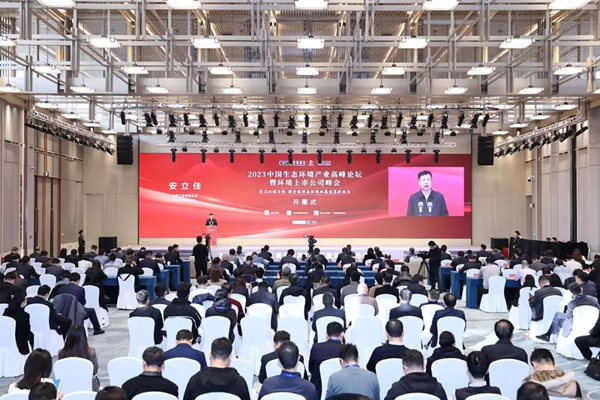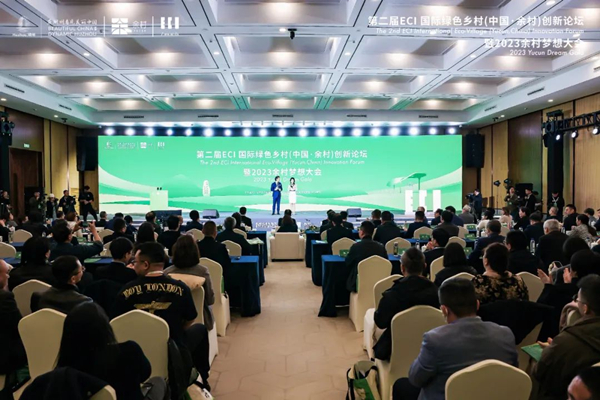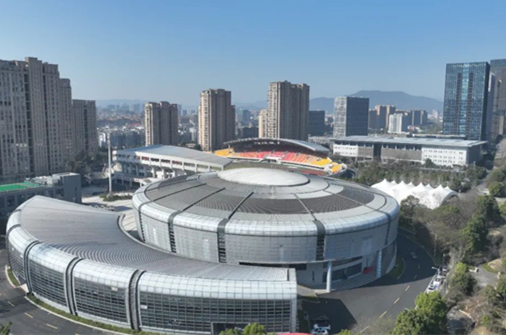'Two Mountains' theory: Exploration and practice in Huzhou
Huzhou has integrated the "Two Mountains" theory into all its economic, political, cultural, social and ecological development over the years. It became an ecological city, fostered green industries, and built beautiful villages and ecological towns with the guidance of the "Two Mountains" theory. The city has considered ecological protection the most important factor in everything from the formulation of strategy planning and urban and rural overall planning to special planning in infrastructure, industrial development and population control.
Huzhou kept improving the ecological environment. It gave great impetus to the Water Movement campaign in tackling five water issues: water pollution, flood control, drainage in waterlogged areas, water supply and water conservation, and also succeeded in reduction of air pollution, green transformation of industrial companies and mine governance.
Owing to its ecological agriculture and rural tourism based on the clear waters and lush mountains principle, Huzhou has become the second prefecture-level city to achieve agricultural modernization in the country. The city's excellent ecological environment has attracted leading overseas and domestic talents and teams, giving birth to a number of new economies, new forms and new models of business. Its environmental protection and conservation mechanism sped up the elimination of outdated production capacity and promoted industrial transformation and upgrading.

The "Zhejiang Huzhou's mulberry fish pond system" was recognized as an important global agricultural cultural heritage by the Food and Agriculture Organization of the United Nations in November 2017. The photo, taken on Jan 29, 2018, shows the design of the mulberry fish pond under snow in Digang village of Huzhou in East China's Zhejiang province. [Photo/IC]
Huzhou promoted ecological culture and explored it on a regional basis with such projects as the mulberry fish pond and Lou Gang Wei Tian (an irrigation engineering system). It established the China Academy of Ecological Civilization and the Zhejiang Cadre Institute of Ecological Civilization, and set August 15 as the annual "Huzhou Ecological Civilization Day".
The city promulgated and implemented Regulations on the construction of Huzhou eco-civilization pilot demonstration zone, making it the first region in China to legislate on the construction of demonstration zones. It also explored and innovated green systems, taking the lead in introducing measures for evaluating the performance of natural resource assets protection and utilization and for auditing leading officials' natural resource personal assets, as well as in implementing regulations on "ecological plus" actions.





